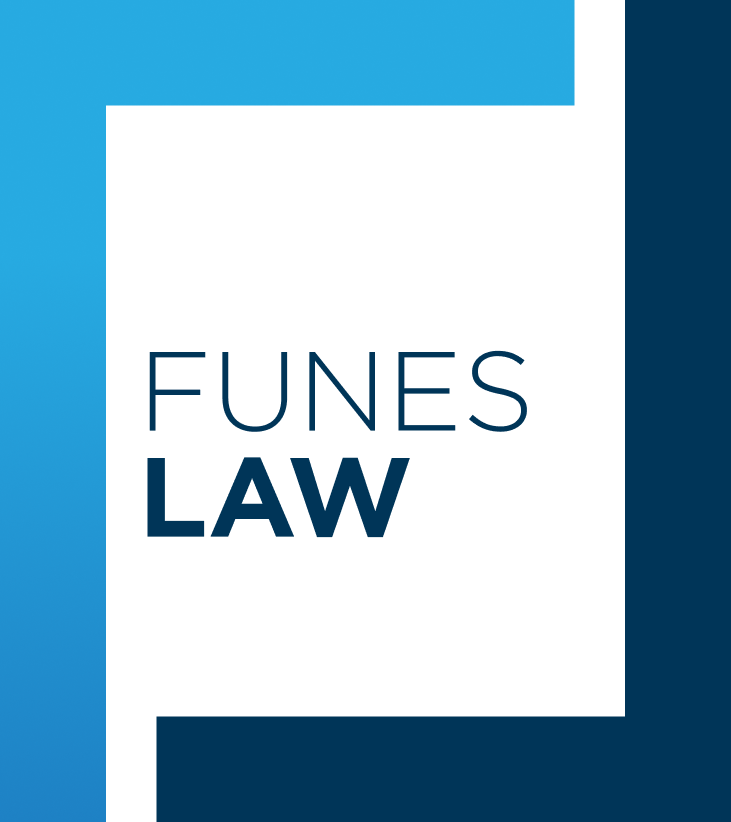Being involved in a car accident can be a jarring and traumatic experience, and the chaos that follows often leaves victims feeling overwhelmed and uncertain. Among the most immediate and pressing concerns is how medical expenses will be covered. Emergency room visits, follow-up care, physical therapy, and even long-term treatment can pile up quickly. For injured drivers and passengers in Florida, the answer to “Who pays for all of this?” depends on a few key factors. Continue reading and reach out to a seasoned Miami auto accident lawyer to learn more about who may be responsible for the cost of your medical bills.
Does My Own Insurance Pay First?
Florida is a no-fault state, which means that in most cases, your own insurance is responsible for paying your initial medical bills, regardless of who caused the accident. This coverage is known as Personal Injury Protection, or PIP. Every driver in Florida is required to carry PIP insurance, which typically covers up to $10,000 in medical expenses and lost wages. However, that coverage only applies under certain conditions.
PIP will generally cover 80% of your medical bills and 60% of lost wages, up to the $10,000 limit. But not every treatment is automatically approved. For example, if you don’t seek medical care within 14 days of the accident, you may lose access to those benefits. And if your injuries are not considered an “emergency medical condition,” your benefits could be capped at just $2,500. That’s why it’s so important to get evaluated by a medical professional as soon as possible after the crash, even if you think your injuries are minor.
What If My Medical Bills Are More Than What PIP Covers?
Many auto accident injuries exceed the limits of PIP coverage. Once that $10,000 is exhausted—or if the injury is serious enough to qualify as a permanent injury—you may have the right to pursue additional compensation from the at-fault driver’s insurance company. This typically happens through a bodily injury liability claim. Florida does not require drivers to carry bodily injury liability coverage, but many do. If they don’t, or if their policy is insufficient to cover your medical costs, you may need to explore other options.
That might include using your uninsured/underinsured motorist coverage (UM/UIM), if you carry it. This type of policy steps in when the other driver either lacks insurance or doesn’t have enough to fully cover your expenses. In serious injury cases, this coverage can be a financial lifesaver.
In some situations, your private health insurance may cover some of your outstanding medical costs. However, they may have the right to be reimbursed later through a process called subrogation if you recover compensation in a personal injury lawsuit.
Can I Sue the At-Fault Driver to Recover Medical Expenses?
Yes, you can. If your injuries are deemed “serious” under Florida law—meaning permanent disability, significant scarring or disfigurement, or death—you may file a personal injury lawsuit against the driver who caused the crash. Through this legal claim, you can seek damages for medical bills, lost wages, pain and suffering, and more.
Working with a personal injury attorney is critical in these situations. Insurance companies often attempt to minimize payouts or deny valid claims altogether. An experienced lawyer can evaluate your case, gather evidence, negotiate with insurance companies, and, if needed, take the case to court on your behalf.




